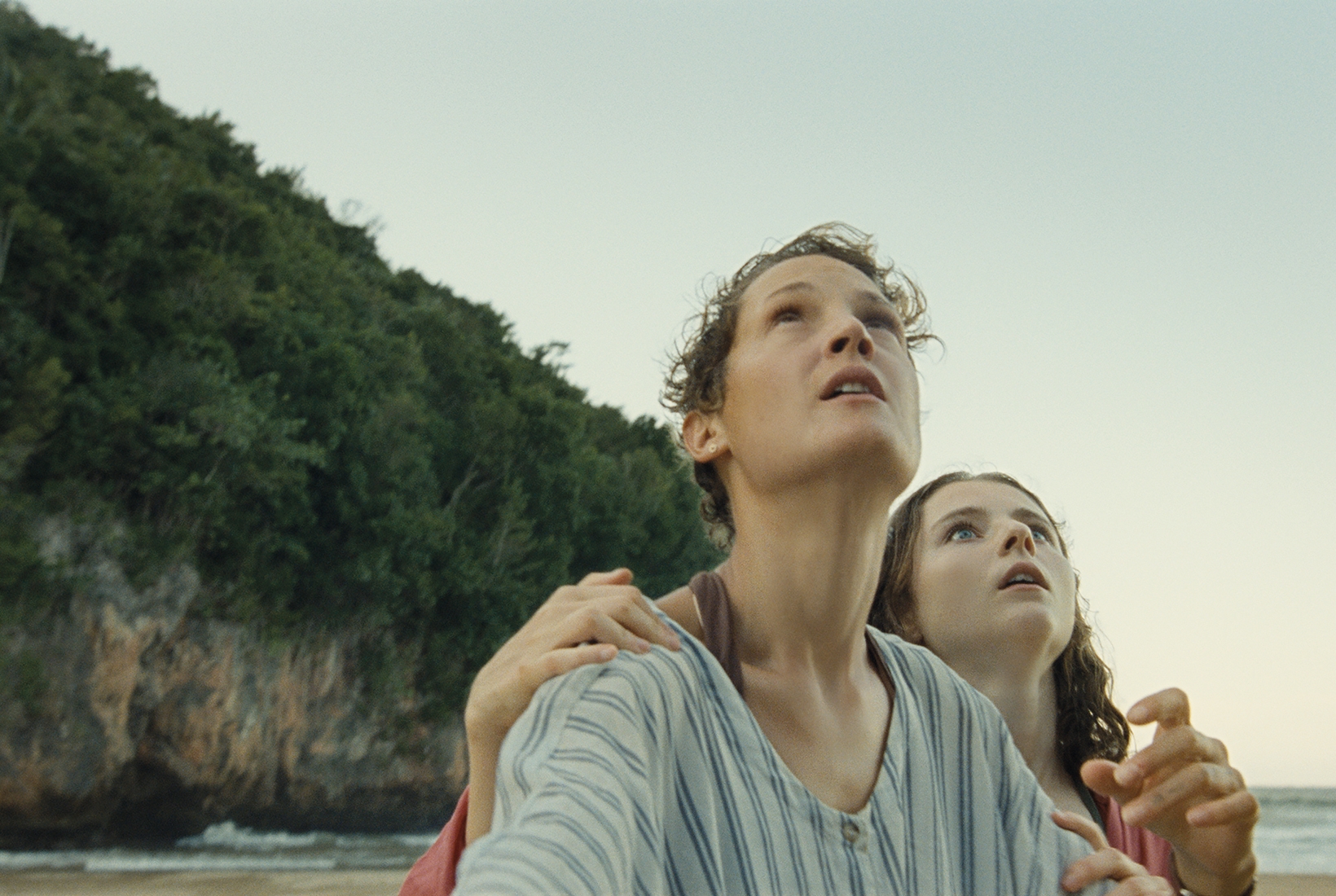Like most of the world, I saw M. Night Shyamalan’s very fine ghost story The Sixth Sense when it came out in 1999. It’s a blessing that it was released in pre-social media days, because its central twist would have been spoiled in minutes.
Yet even without the shock value occasioned by its splashy central revelation, the film is still a haunting (no pun intended) piece of work, a Kubrickian exercise in restraint where the horrors are genuinely terrifying on the few occasions that the movie moves out of its comfort zone of chilly reflection. The then-twenty-nine-year-old director clearly had a glittering career ahead of him. I looked forward to his next film eagerly.
Two and a half decades on, I would happily cross the country to avoid seeing another film by Shyamalan. This is partly because of the sheer number of terrible pictures that he made after he became the toast of Hollywood. Nobody needs to see the notorious Mark Wahlberg disaster movie (in both senses) The Happening. Nor do they need to see Lady in The Water, After Earth or The Last Airbender: dismal, over-budgeted films made unwatchable by directorial hubris. Yet unbelievably most of them made money. There is no career-ending Cats or Battlefield Earth in the Shyamalan filmography.
Yet he continues to make films, in part because he funds them himself. Shyamalan has a clever strategy in place: he makes low-budget horror movies, with titles like Split and Old, and they make a lot of money. (The James McAvoy-starring Split, made on a minuscule budget of $9 million, took in nearly $300 million at the global box office, surely making it one of the most profitable enterprises of the past decade.)
Shyamalan — an undeniably intelligent man — long ago seized on a formula that he’s employed in most of his films from The Sixth Sense onwards. Take a popular genre — the horror film, the superhero film or, in the case of Signs, the alien invasion picture — and systematically strip away most of what an audience expects. Eschew special effects, big action scenes and Hollywood grandstanding; replace them with a lot of scenes of people talking portentously to one another. Because, after all, talk is cheap, and does not require vast expenditure on locations or expensive sets.
Shyamalan’s latest release, Knock at the Cabin, is more of the same. It has attracted some publicity (both positive and negative) for the family at its center — two fathers and their seven year-old daughter — who find themselves in the middle of what appears to be the apocalypse, portended by the arrival of four strangers. If you’re thinking there’s a correlation between them and the Horsemen, well, you’re right.
Knock at the Cabin is typical late-period Shyamalan: talky, portentous, humorless and cheap. It’s already earned back its $20 million budget, and undoubtedly will go on to be as profitable as his other films. And so he will carry on making pictures that lure in audiences with the promise of high-concept thrills, and then give them 100 minutes of people looking frightened while someone else tells them that something awful is happening, which, of course, the audience barely glimpses.
Shyamalan is much compared to other filmmakers (I’m as guilty of this as anyone, having mentioned Kubrick in the first paragraph), not least by himself. Yet I’m more reminded of the one-time impresario William Castle, who promoted cheerfully trashy B-movies that he made with a range of gimmicks that attracted audiences. The films were mainly horror (a perennially popular genre) and had titles like House on Haunted Hill and 13 Frightened Girls. They were usually poorly made and distinctly un-scary, but who cares about such things when you experience electric shocks from buzzers on your seat (The Tingler) or are given a 45-second “fright break” to leave the cinema before the terrifying climax (Homicidal)?
Watched with an audience, they were great fun; seen decades later, they seem little more than cynical nonsense. Still, perhaps there’s a lesson for Shyamalan there. His penny-pinching, highly profitable pictures may still be fooling audiences, but until he unleashes his inner showman and gives ‘em what they truly want, he’s always going to be a B-movie maestro with pretensions. And that’s worth crossing the street, if not quite the country, to avoid.



















